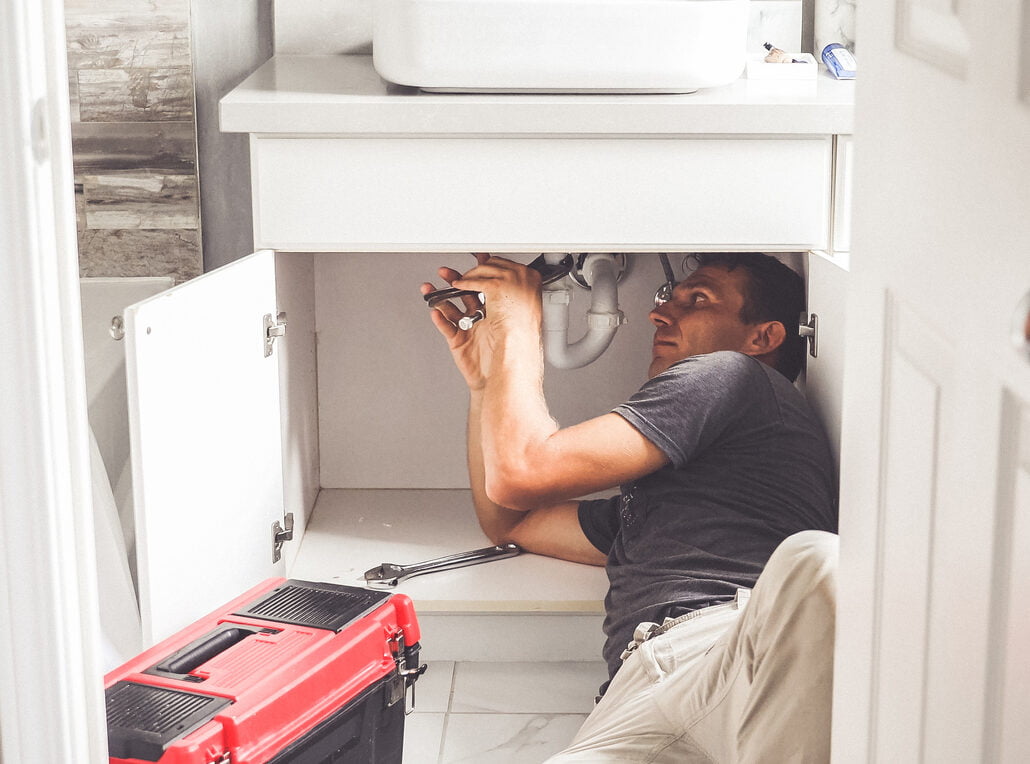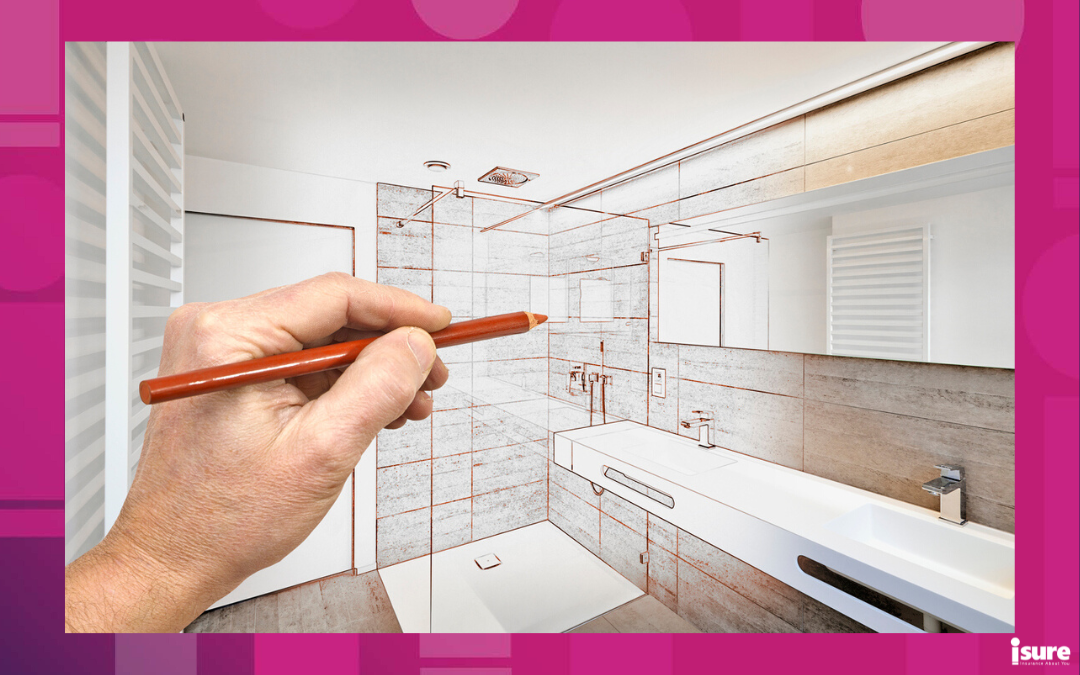With summer practically here, it’s that time of year when everyone is beginning their renovations! Depending on the size of the project, renovations can sometimes be expensive and tedious! This is why if you plan on hiring contractors, it is important to do your due diligence and make sure you’re hiring a professional. If you’ve hired a contractor in the past who was not up to your standards, you know just the type of headache it can bring to your renovations. Finding the perfect contractor is never an easy task, but with isure’s help, you can make sure you’re hiring someone who is both professional and trustworthy.
1. Ask around for contractor recommendations
Like anything, word of mouth is a great tool to find out who is legitimate and who isn’t. If you have friends, family members or coworkers who have had some projects done in the past, it is most certainly worth asking them if their contractor is reputable. Generally, most contractors work and get jobs based off word of mouth, especially those in trades. If you’ve asked around and it seems as if nobody can help, you have other options, too! You can check in with your local building inspectors, who will most likely know which home renovation contractors will routinely meet code requirements and work professionally.
2. Conduct a phone interview
When you have a list in order, your first step should be to start contacting! It is a good idea to save some time by first setting up some phone interviews. Generally, you can get a good idea if someone is professional or not by their first impression over the phone. Here is a good list of questions to ask your contractor before proceeding to the next step!
- Do you have other projects going on at the same time?
- Do you typically take on the type of project I am requesting?
- Are there any financial references from suppliers, banks or other companies you can provide?
- Do you have a short list of previous clients / businesses? If so, who are they (if you’re allowed to provide this information)?
Asking these questions is crucial when it comes to making sure you receive the work you are deserving of. If a contractor generally doesn’t take on the type of project you are requesting or has multiple projects going on at the same time, you may not get the best quality work. On top of this, if they fail to give financial references or list previous clients, there’s a good chance there is something they are hiding. Remember, proceed with caution!
3. Research your contractor
Now that your list has been narrowed down, it is time to do some background research on your carpenter. You should start by contacting their previous clients to find out how their project went. On top of this, you can ask to see a finished product. If you do not feel comfortable contacting their previous clients, you can search your local Better Business Bureau before you hire a contractor to make sure they don’t have a bad history of disputes with clients or subcontractors. Researching how your contractor works is crucial to picking one that fits your standards (and needs).
4. Meet your contractor in-person
Once you’ve narrowed down your list of contractors, it is time to start meeting them in-person. You should pick three to four contractors to meet for a face to face discussion and to get some estimates. As a contractor, their first priority is to put you at ease with the work they will be supplying you with. In order to do this, make sure they are answering your questions satisfactorily. Additionally, ask for some photos of the specific work they’ve done in the past that you’re asking them to do. Since this person is going to be in your house for hours on end, it is important to make sure that you two get along well. With this being said, do not let a contractor’s personality fool you!
5. Set up a contract, but make sure they have the proper insurance protection
Once you have found the contractor you are going to work with, it is important to make sure everything agreed upon is put into writing. Set up a contract that details every aspect of the project they will be completing. This should include the following:
- Payment schedule
- Proof of liability insurance
- Proof of workers compensation payments
- Specific materials and products that will be used
- Start date and projected completion date
Making sure you have a contract set up is key to making sure the renovation is successful. Your home is your sanctuary and you should treat it as such! With that being said, it is always recommended to make sure your home insurance is up to date and to your standards. Especially if you’re going to be having people in your home with the potential for injury. Request a quote today!




